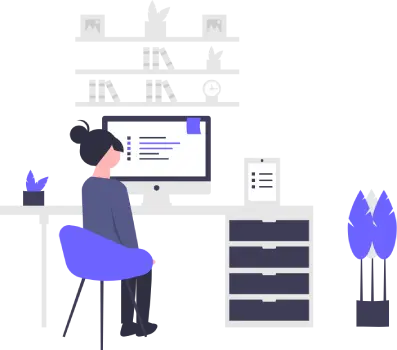Focus: Responsible learning, AI use in education, integrity
Also Read:Top Time Zones to Target When Applying for Global Remote Internships
Insights from Internship Students: Testimonials

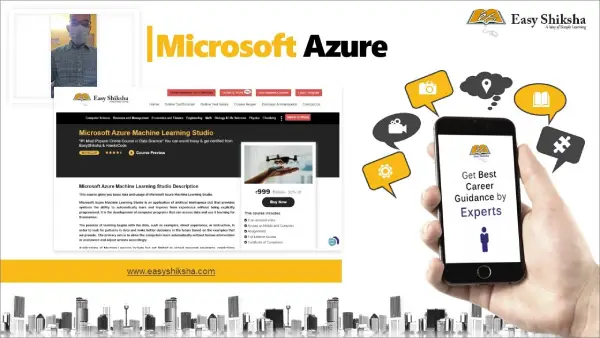
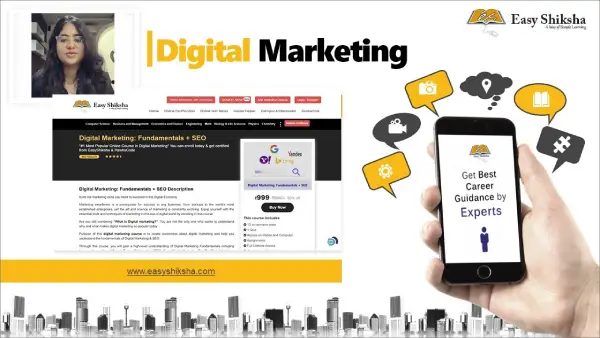
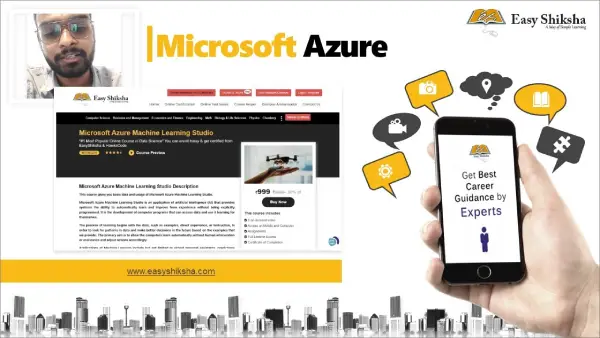
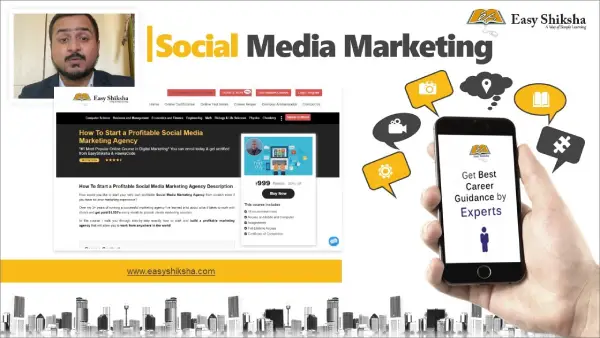

Online learning has transformed education by making high-quality resources accessible to anyone with an internet connection. However, with this accessibility comes a set of ethical challenges that learners must navigate to maintain academic integrity. Plagiarism, misuse of AI tools, and a lack of accountability in virtual environments can undermine the value of both the learning process and the qualifications earned. Responsible online learning is not just about acquiring knowledge. It’s about doing so honestly, respectfully, and with a sense of personal responsibility.
Plagiarism is one of the most common ethical concerns in online education. With vast amounts of information available at a click, copying and pasting without proper attribution can be tempting. However, plagiarism erodes trust between learners and educators and devalues genuine effort. Maintaining integrity means citing sources correctly, paraphrasing with understanding, and developing original ideas instead of relying solely on others’ work.
The rise of AI-powered tools such as language generators, coding assistants, and research summarizers has added a new layer of complexity to academic ethics. While AI can be a powerful aid for brainstorming, proofreading, and organizing information, using it to generate entire assignments or bypass learning undermines the purpose of education. The ethical use of AI involves treating it as a learning partner -a tool to enhance comprehension, not a shortcut to avoid doing the work. Transparency is key: if AI has contributed to an assignment, it should be acknowledged in accordance with the institution’s guidelines.
In virtual classrooms, academic integrity extends beyond avoiding plagiarism or AI misuse. It also includes honest participation in quizzes, respectful collaboration in group projects, and adherence to assessment rules. Remote learning often depends on self-regulation, making integrity a personal responsibility rather than something enforced solely by teachers.
Top Courses in Project Management
Educational platforms like EasyShiksha promote ethical learning by integrating plagiarism detection, providing clear guidelines on AI usage, and encouraging assignments that prioritize critical thinking over rote copying. This approach not only protects the credibility of the qualifications offered. But also ensures learners gain real skills that will serve them in their careers.
Ultimately, the ethics of online learning are about more than avoiding punishment. They are about building a personal reputation for trustworthiness and competence. Employers, clients, and collaborators value individuals who can demonstrate not only what they know but also that they earned that knowledge through honest effort. By respecting academic integrity and using modern tools responsibly, learners can make their education both meaningful and credible in the eyes of the world.
Get Some Courses:Negotiating Work Flexibility , Communicating Through Disagreement






































